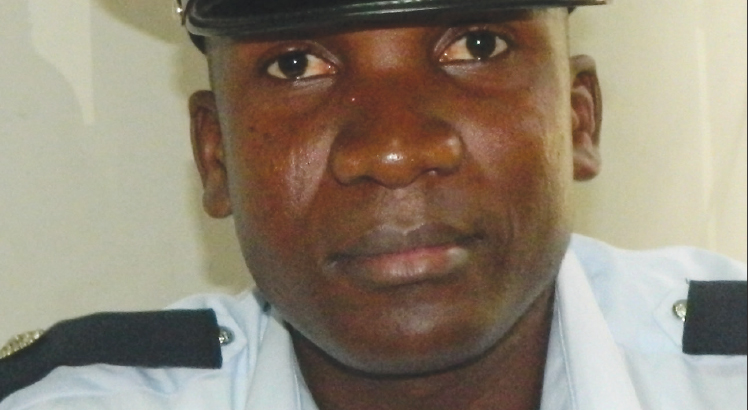Govt yet to identify new passport supplier
Government is yet to hire a new supplier of passports four months after bidders submitted proposals for a restricted passport tender as the Department of Immigration and Citizenship Services resorted to rationing passport applications.
At least 13 firms, including eight local ones, expressed interest in the tender following termination of the contract with Techno Brain last year.
In an interview last week, Attorney General (AG) Thabo Chakaka-Nyirenda said that the process is ongoing, but could not be drawn to comment on the delays or when the exercise is expected to be completed.
But earlier, Nyirenda said preference for this tender is for local suppliers in line with Section 44 (10) of the Public Procurement and Disposal of Assets Act which provides for 60:40 ratio.

for passport services
The AG could not also give details on whether government is now in full control of Techno Brain data centre for e-passport, passwords and other gadgets following a court ruling in February this year in which a Techno Brain employee Prakash Naidu was ordered to surrender the items to government.
Meanwhile, the Department of Immigration and Citizenship Services has acknowledged that it is unable to meet the growing demand for passports and is only prioritising emergency applications.
The department’s national spokesperson Wellington Chiponde, in an interview on Wednesday, however, pointed out that the office has registered good progress in the process of identifying a new passport contractor, but added that the exercise is complex.
He said a procurement process of a project such as this one requires input from various stakeholders to ensure that there is a comprehensive analysis from all perspectives and taking into account the issue of value for money.
Chiponde added that currently, the department is awaiting feedback from some key stakeholders, who he said are analysing the procurement from all fronts.
He said: “As expected, there is high demand for passport services and at the same time stock levels for passport booklets and its associated consumables are very few [low] and right now we have scaled down passport production and the approach has been prioritising receiving emergency passport applications, and we are ultimately issuing few passports in a day.”
Human Rights Defenders Coalition (HRDC) national chairperson Gift Trapence, in an interview on Thursday, said the delays are affecting economic activities of many Malawians who are failing to travel to do businesses.
He said: “It is disappointing that government is taking long to finalise the identification of a new contractor. HRDC is calling upon government to speed up this process because it has a direct effect on the economy.”
Oh his part, Centre for Social Accountability Initiative executive director Willy Kambwandira urged government to commit itself to an entirely open and transparent tendering process, arguing that confidentiality may raise doubts of corruption or favouritism.
In October last year, the AG terminated the $60 million (about K47.4 billion) passport contract with Techno Brain after noting some anomalies.
He gave the multinational company a 30-day notice based on Section 46(c) of the Public Procurement Act.
But in a statement issued in January this year, the company argued that the contract was a product of a competitive bidding process that followed procurement regulations.
Techno Brain signed the contract in March 2019 during the then governing Democratic Progressive Party administration.
The deal was for Techno Brain Global FZE of the United Arab Emirates to upgrade the country’s passport issuance system.
Documentation shows that Techno Brain was sourcing the passport booklets from Vienna, Austria where the average cost of booklet was $9.13 (about K7 221.83) and from Singapore where the cost was around $1.73 (about K1 368.43)
The supplier was then selling each booklet to the Malawi Government at $76 (about K60 166), including the supply of ink ribbons and 1 600 crystagrammes—a series of holographic images required for the printing of e-passport booklets.
In 2020, the World Bank debarred Techno Brain and requested Malawi to cancel the contract.





